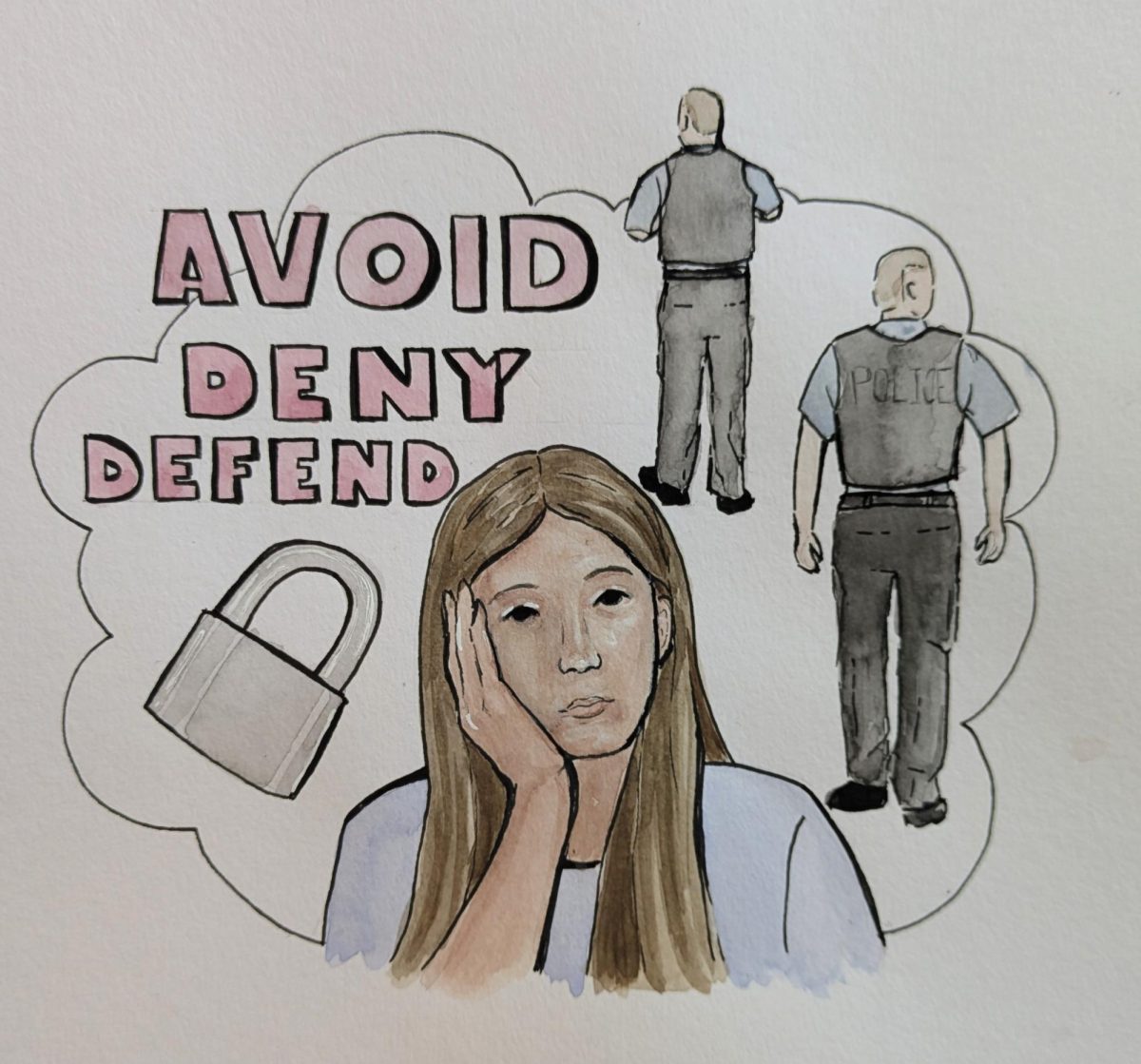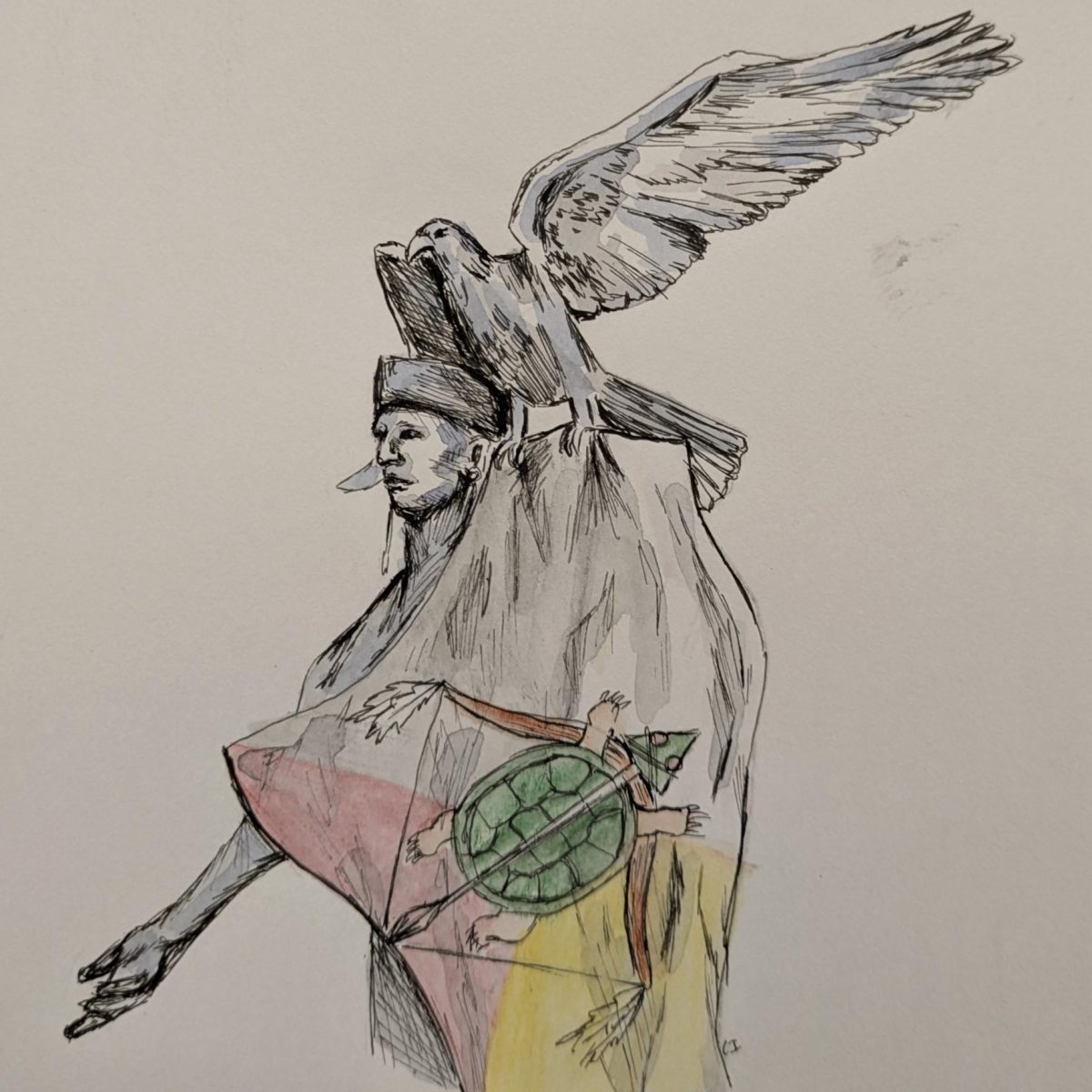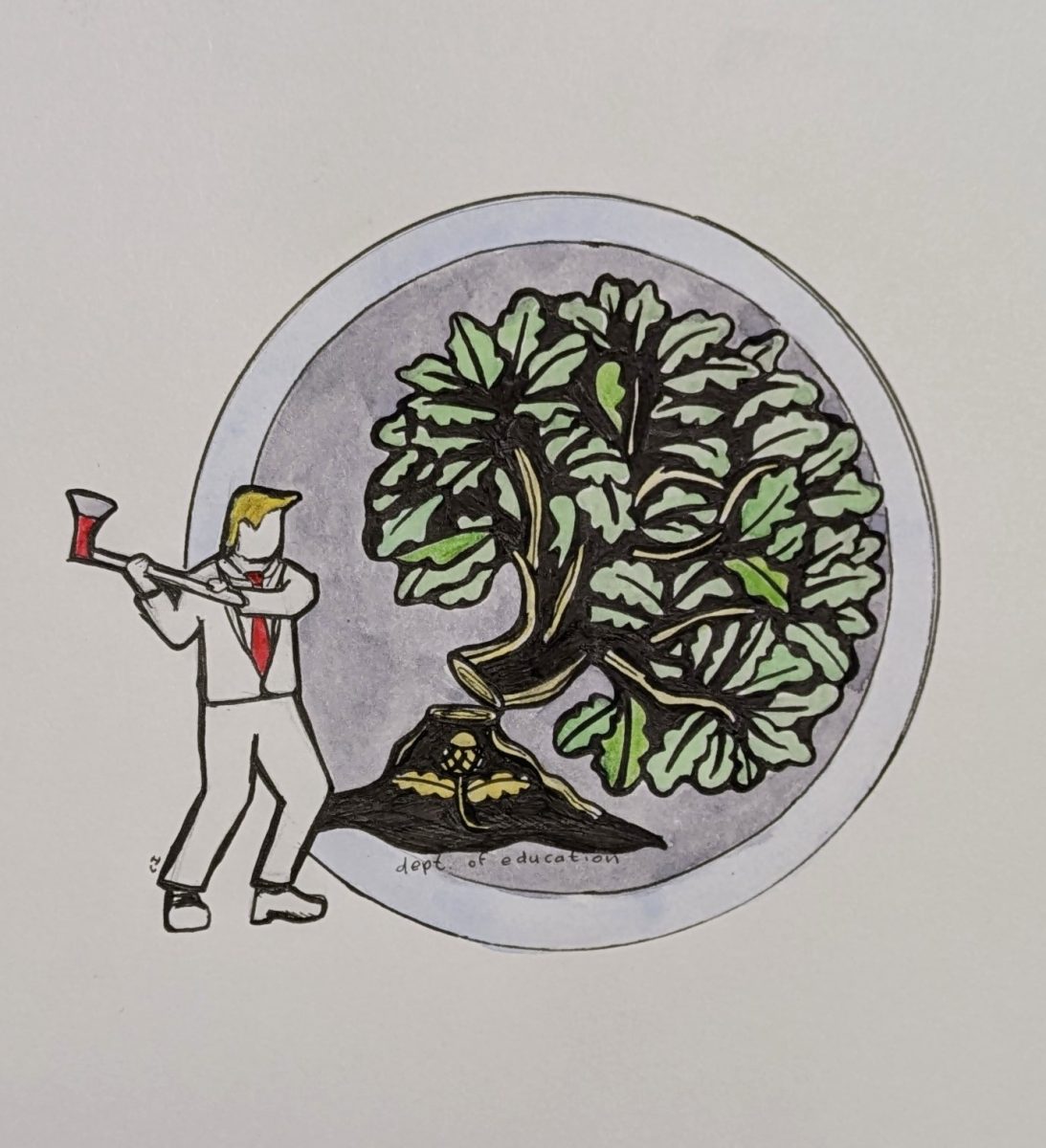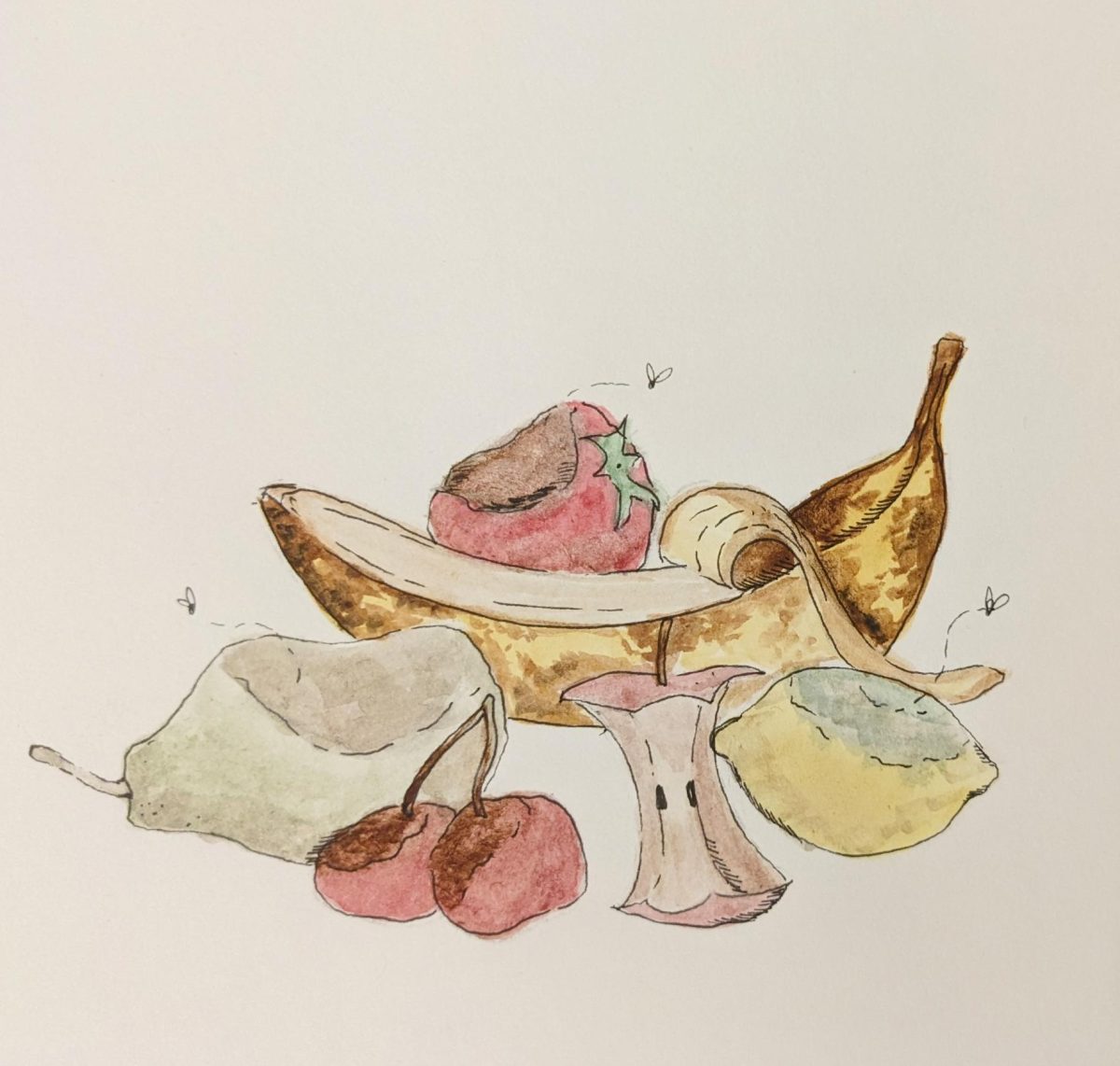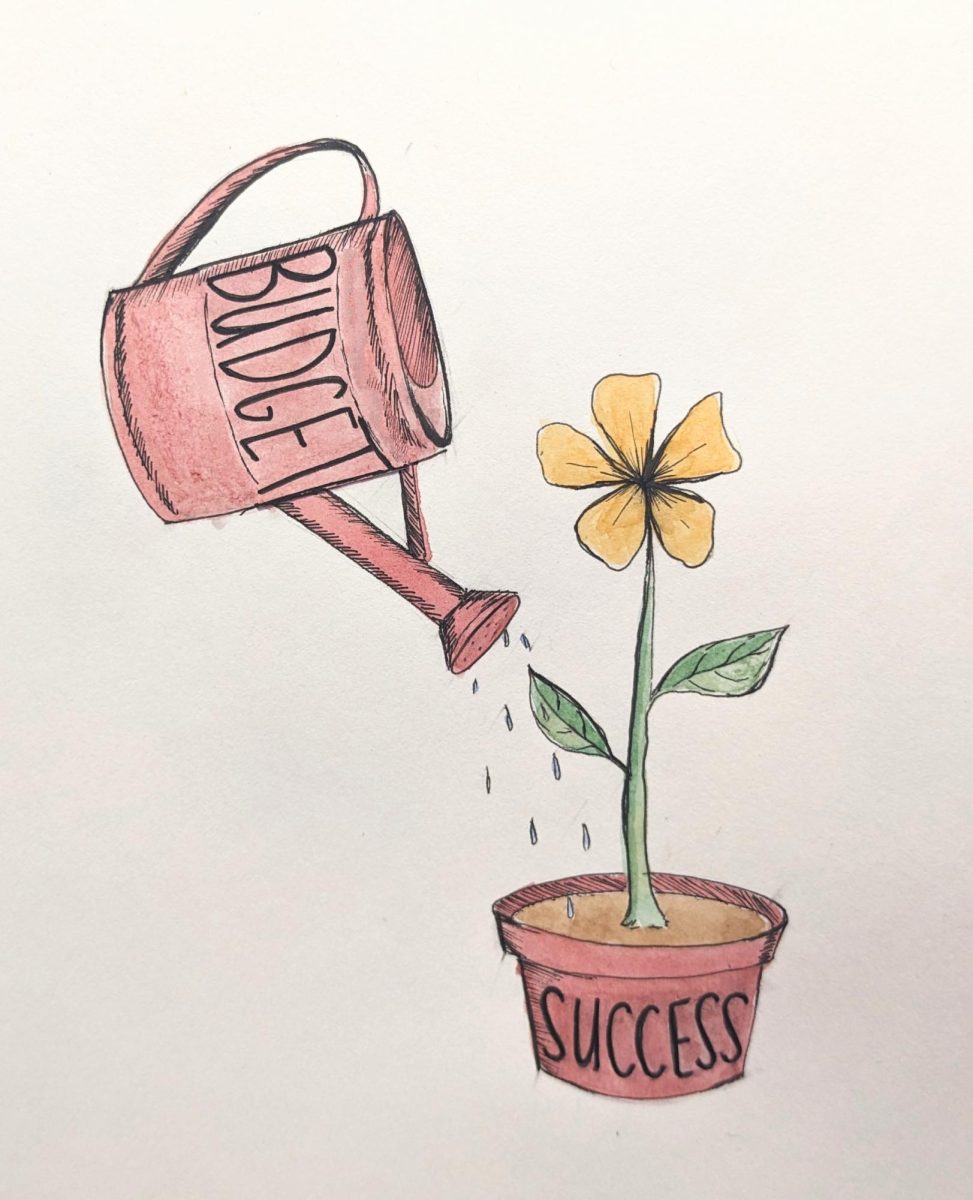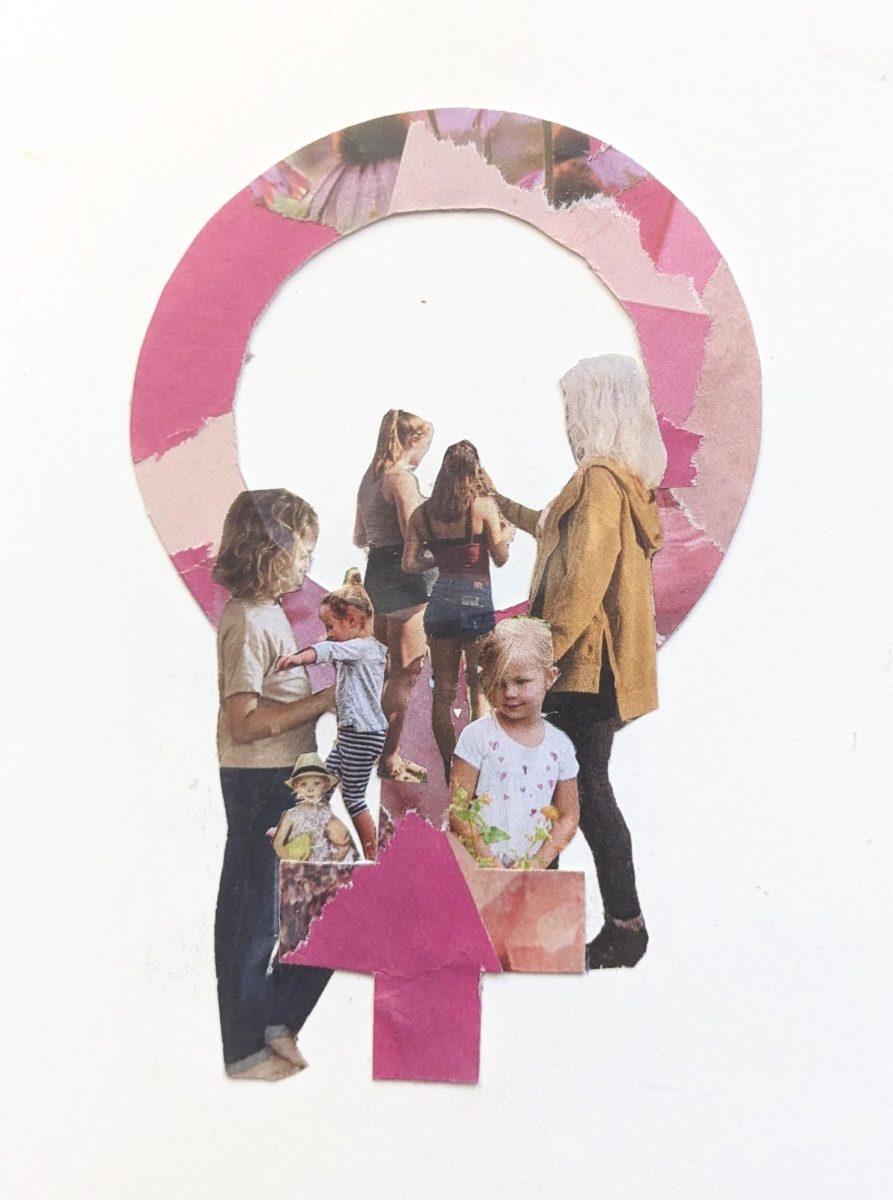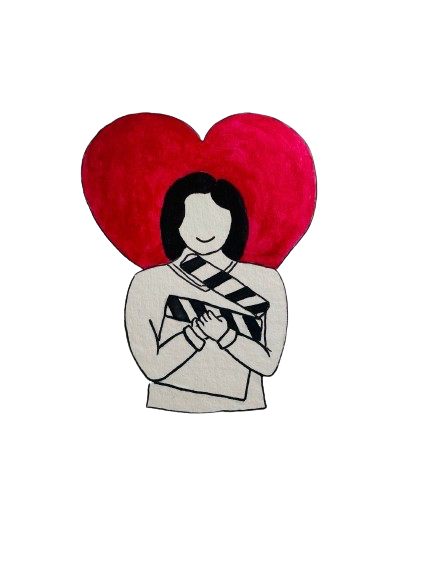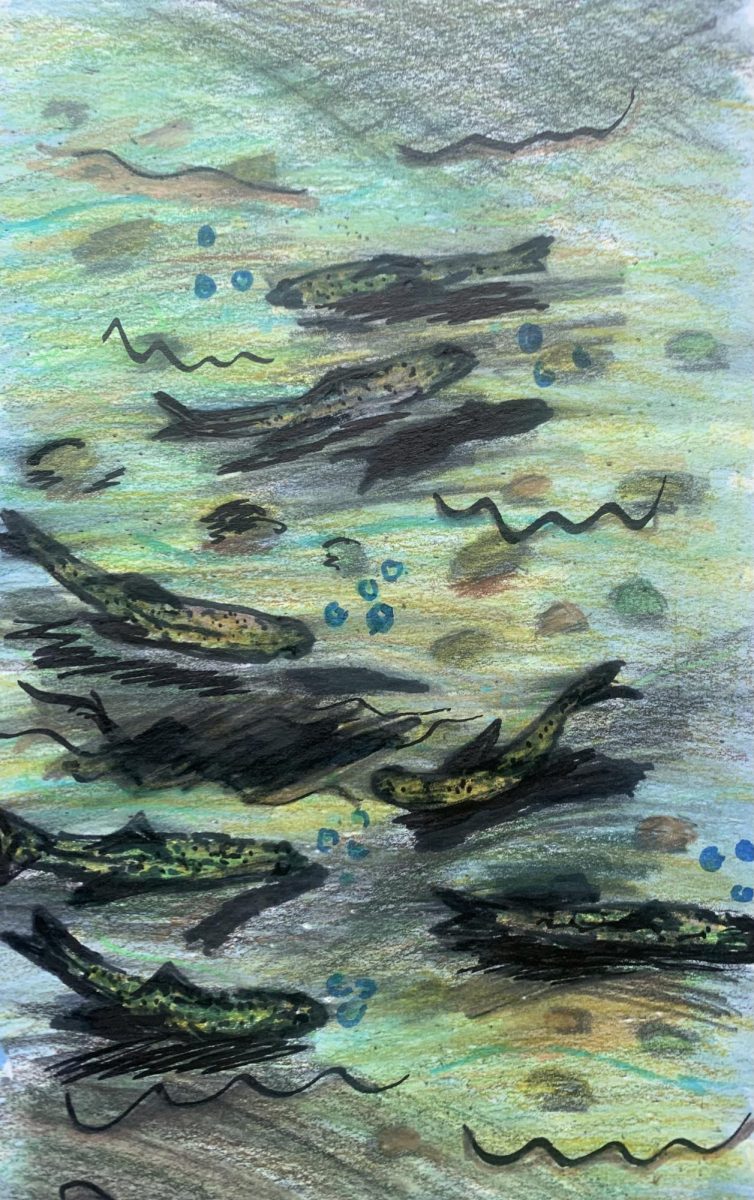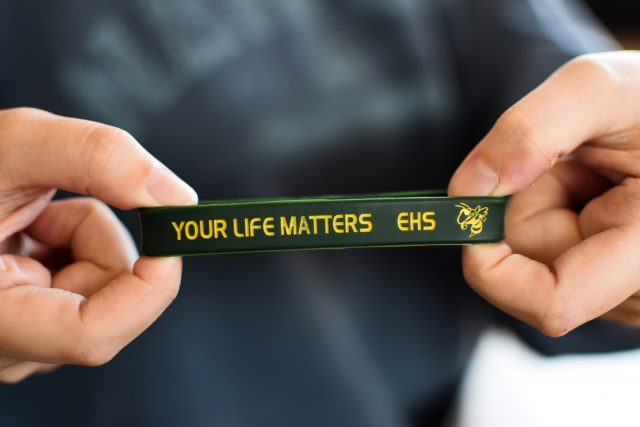
Suicide — the most unnerving, gut-wrenching, yet familiar word of the 21st century. But 20 years ago, it didn’t hold the same commonplace. Not even close.
According to the Centers for Disease Control and Prevention (CDC), the national suicide rate soared 33 percent from 1999 to 2017 — its highest rate since World War II. It is also the second leading cause of death for 15 to 24 year olds, just trailing behind unintentional injury and homicide.
And yet, it is the most preventable leading cause of death.
So, what’s the problem here? Why is our suicide rate so high? Why are we so different from the past generations? The honest answer is: no one knows. There are a multitude of factors that can lead to this growing trend in teen suicide, according to one of the East Penn School District’s psychologists, Dr. Trevor Pinho.
“With anyone, it deals with their environment. It’s their home life, medical, whatever it may be. It’s hard for people to take a break. There’s more interpersonal conflict. There’s less of a barrier between school and home,” Pinho said. “Before, you would leave school and you wouldn’t take those stressors home with you. Social media now reminds you of those stressors.”
Emmaus High School recently issued wristbands to every student during Flex Block, with the imprinted words, “YOU ARE SPECIAL, YOU ARE LOVED, YOUR LIFE MATTERS, EHS.” The bracelets have been tossed in the trash, left on the same desks where they were distributed, or simply ignored — initially, they represented our school’s lack of awareness regarding this ongoing issue.
However, these bracelets hold a meaning deeper than on the surface level. Last fall, 2016 EHS graduate Timothy Freeman committed suicide after he was reported missing by his school, Temple University. The words on the wristband were spoken by Timothy’s mother, Karen Freeman, during his funeral to communicate a message about suicide prevention.
Though the bracelets were an effort by a family friend independent of the Freeman family, current EHS senior Joel Freeman, Timothy’s brother, supports their purpose, which he believes resonates with the words spoken at his brother’s funeral.
“I think people took it passively, and it was a genuine attempt and outreach to the kids,” Joel said. “And it’s a thing that, if you’re going through your own struggles, you could look down [at] your wrist and remember the message.”
Although the bracelets don’t substitute personalized advice from a psychologist, or the reassuring words of a friend, a simple glance at the wristband reminds those students lacking a strong support system of why they exist on this earth. It reminds them why they roll out of bed everyday to go to school. It reminds them why their life matters. Even if the wristbands help just five or six kids out of the couple 1,000 bracelets given out, the gesture would be worth it in the end.
Sure, our school could use more psychologists, readily available support groups, or a conversation of suicide within the community, but the wristbands represent a start — and one that promises relief for students who feel at risk in the future.
Joel, who hopes to forever spread this message of kindness and compassion towards others, reflects on the valuable, unforgettable lesson his brother’s suicide taught him.
“He was my best friend in the entire world. I have to wake up every day without him, and it’s the hardest thing I will ever have to go through,” Joel said. “But now I can look at other people and understand what they’re going through. I think people have to understand that every person they walk by is going through something. In a more empathetic world, we would be less mean to each other.”
If you don’t have a parent, a friend, a classmate, a teacher, or even a wristband to help you remember your worth, don’t forget: “you are special, you are loved, your life matters.”
If you’re thinking about suicide, are worried about a friend or loved one, or would like emotional support, call 1-800-273-8255.


